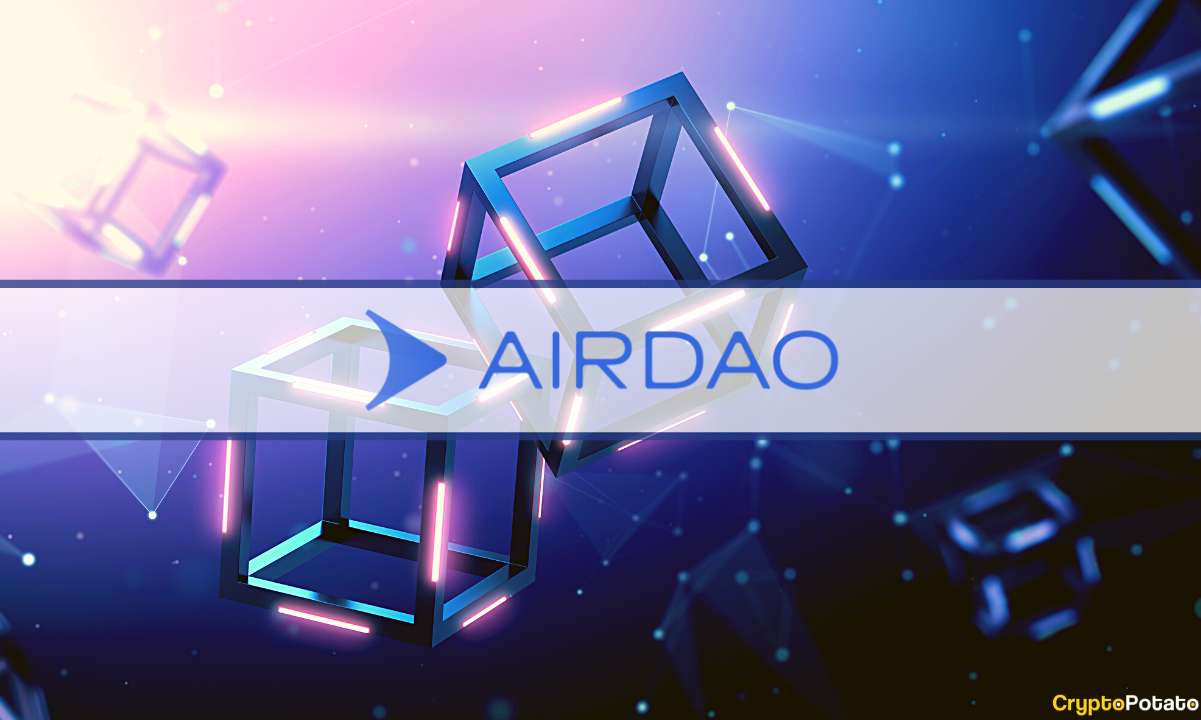The field of decentralized finance, commonly referred to as DeFi is seen by many as an alternative to centralized financial solutions in a way where users are able to transact and rely on various services without any intermediaries.
This brings the promise of a censorship-resistant ecosystem where anyone can rely on regular financial services irrespective of nationality, status, gender, income, credit score, and whatnot.
However, DeFi in itself can also be very confusing, even for seasoned veterans. There are many different options when it comes to choosing a blockchain to use, bridges, where and how to swap, or what staking initiative offers the best returns while also not compromising security.
This makes it particularly challenging for users, especially newcomers, who tend to find themselves with tens of tabs opened as they navigate the sea of currently available solutions.
This is where AirDAO steps into the picture. Imagine a single, simple-to-use dashboard that would allow you to manage all of your DeFi transactions and interactions.
This is the primary purpose of AirDAO – to provide a simple and very user-friendly interface that enables users to tap into the endless world of benefits of DeFi.
Let’s dive in.
What is AirDAO?
AirDAO, which was previously known as AirDAO Network Ecosystem, represents a decentralized autonomous organization – DAO. Its purpose is to govern the AirDAO Network Layer-1 blockchain.
It’s making cryptocurrency accessible to both veterans and newcomers by streamlining the overall onboarding process for those who might still not be familiar enough with the concept of Web3.
This is also why AirDAO works very closely with other leaders in the field of DeFi – to develop powerful and useful products that are easy to use and can be leveraged by anyone.
That said, there are multiple products in the ecosystem, such as:
- AirDAO Network (AMB-NET)
- Dashboard
- Nodes and Staking
- Bridge
- Block Explorer
These are just a few, whereas others include the FirepotSwap – a decentralized cryptocurrency exchange and a DeFi platform that’s powered by the AirDAO network. Let’s have a closer look at some of the products.
The AirDAO Network
The AirDAO Network is a layer-1 blockchain that’s secured by over 160 globally-distributed validators – according to the official litepaper.
It’s designed to enable anyone to create various applications on a relatively inexpensive layer-1 blockchain that doesn’t compromise security. It is also compatible with the Ethereum Virtual Machine (EVM), delivering the necessary interoperability with applications that are built on Ethereum or other blockchains, which are also EVM-compatible.
The network achieves exponential scalability through a method of collecting individual data packets.
For additional information on AirDAO Network, please refer to its official website.
The Dashboard
As we mentioned above, the dashboard is designed specifically with non-technical users in mind. It is the main hub where all of the products of the ecosystem, as well as their subdomains, are very easy to access through direct links.
It is made of a series of cards that describe how to use the various products.
The Nodes and Staking
It’s worth noting that the AirDAO Network is powered by a system of nodes that are separated into three specific classes: Apollo, Atlas, and Hermes.
All of them have a distinct function and, with that – create the core of the AirDAO Network.
The DeFi staking platform powered by AirDAO was formerly known as Arcadia, and it uses Staking-as-a-Service model. This is known as an alternative to self-hosted nodes. Node operators are automated and delegated through smart contracts.
The Bridge
AirDAO’s bridge is created to allow ecosystem participants to convert their AMB to tokens running under the ERC-20 or BEP-20 standard.
It also allows them to transfer assets across the networks and access applications built on the BNB Chain and on Ethereum. It’s a critical component of the ecosystem.
The Block Explorer
Those who want to navigate the AirDAO Network ecosystem quickly and easily can do so through the Block explorer, which is a very simple interface. Anyone can view balances of wrapped or native tokens within chain-specific addresses and also see details on transactions, contracts, blocks, nodes, and so forth.
Active and Building
With the start of the new year, the team behind AirDAO set off to achieve multiple important milestones, and so far, January has turned out to be quite productive.
First things first, they shared that they are in the process of updating the tokenomics and that the undertaking is in its final stages.
The month of January also saw serious progress related to the decentralization roadmap, where the AirDAO team is gearing up to elect community members for the DAO multisig wallet. In addition, the development team has started to work on making permissionless validators with aim of allowing individuals not to rely on centralized support to onboard their nodes.
The team is also preparing for ETH Denver, hiring new mobile developers, as well as recruiting new members and positions for Firepot Finance.
Multiple guides were also published on the AirDAO Academy website with the purpose of providing as much educational content to users as possible.
In addition to all that, in the middle of January, the team also announced their new Ambassador program, which is open to anyone willing to participate.
In essence, Ambassadors will be acting as spokesmen for the ecosystem and should have sufficient knowledge in DeFi, crypto, and the AirDAO ecosystem. To find out more about it, please check the official announcement.
Conclusion
While focused on the AirDAO Network ecosystem, AirDAO is an initiative that’s also helpful to the broader cryptocurrency ecosystem.
While no longer a complete blur in the face of many, the industry is still relatively nascent and is developing at an incredibly fast pace. This also means that there’s a constant need for education, and the team is doing whatever possible to bring that to the public.
The post A Closer Look at AirDAO: What You Need to Know appeared first on CryptoPotato.




















